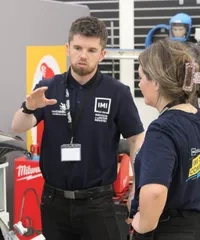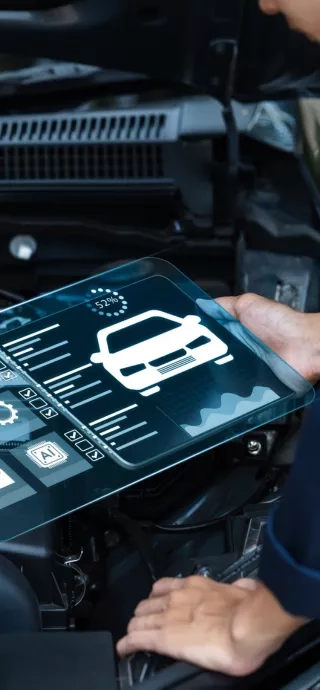IMI set to represent the motor industry in All-Party Parliament Group on the Future of Employability

Appointment ensures automotive sector’s interests are heard in the face of escalating skills crisis
The Institute of the Motor Industry (IMI) has been appointed as an Advisory Board member to the All-Party Parliamentary Group (APPG) on the Future of Employability. The appointment places the IMI in the privileged position of participating in policy dialogue around future government strategy on attracting people to work in the essential sectors that help drive the UK economy, including the motor industry.
“Like many sectors, we are facing a huge skills challenge and recruitment crisis against headwinds of an aging population and economic instability”, explained Hayley Pells, Policy Manager at the IMI. “It shouldn’t, therefore, be underestimated how significant our appointment to the APPG is. It is an important development enabling the IMI to represent the automotive sector with direct access to cross house, cross-party high-level discussion on all aspects impacting employability in the future.”
The APPG on the Future of Employability aims to build consensus on potential policy reforms regarding the future of employability, from creating the right framework for retraining and upskilling, to the impact of technology on the way people work. Both are subjects close to the hearts and minds of those involved in the automotive sector as it seeks to fill traditional roles such as vehicle technicians, as well as address the abundance of growing high-tech career opportunities not normally associated with the sector, including IT architects and android developers.
“The demographics of our workforce are changing”, concluded Hayley Pells. “Many motor industry professionals are retiring and, together with decreased immigration and reduced training budgets, this means a shortfall in workers. The EV revolution also means that conventional roles like vehicle technicians need to evolve with additional training to work on technologies such as ADAS and electric. And this means our industry should now be viewed through the lens of a technology sector. With this in mind we look forward to influencing further education strategies and investment to support the sector, including attracting older age groups to these vital new sectors, as well as appealing to a more diverse workforce.”





